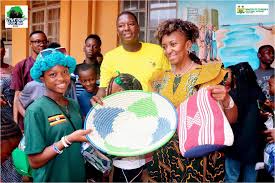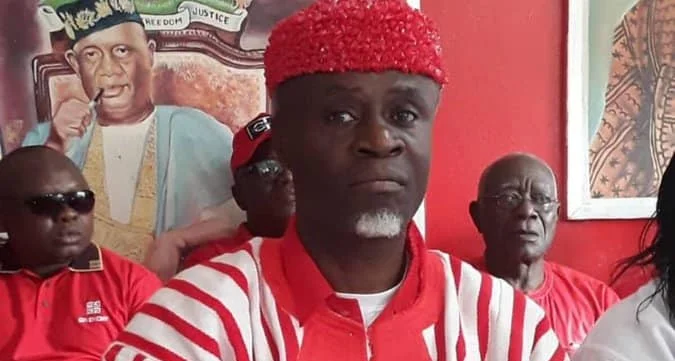In a continued effort to promote gender equality and women’s empowerment at the grassroots level, the Mano River Women’s Peace Network (MARWOPNET), in partnership with UN Women and the Government of Ireland, concluded a capacity-building session for community stakeholders drawn from 15 chiefdoms across six districts.
The training took place at the Africana Village Hotel in Kambia District.
The initiative is part of a broader strategy to localise key gender-related legal reforms and policies, including the Gender Equality and Women’s Empowerment (GEWE) Act of 2022, the Customary Land Rights Act and National Land Commission Act of 2022; and most recently, the Prohibition of Child Marriage Act passed in 2024.
Participants, comprising traditional leaders, women’s rights advocates, and community stakeholders, were guided through the provisions of the landmark laws and supported in developing chiefdom-level action plans for their implementation. Such a practical approach aims to bridge the gap between national legislation and rural realities, ensuring that the protections and rights enshrined in law translate into meaningful change in communities.
Speaking at the event, the facilitators emphasised that while Sierra Leone has made notable legislative strides in gender justice, including the Sexual Offences Act (2019), the GEWE Policy (2020), and the National Action Plan on UNSCR 1325 (2018–2023), persistent challenges remain. They include land and natural resource conflicts, family and inheritance disputes, and limited legal support for vulnerable women and girls due to weak judicial independence.
The two gender-positive land laws — the Customary Land Rights Act and the National Land Commission Act — were highlighted as pivotal in advancing women’s access to and control over land, a traditionally male-dominated domain.
However, implementation at local level remains a challenge, necessitating targeted community engagement and follow-up.
Through the training, MARWOPNET is helping to ensure that such laws are not only understood but also actively applied in communities, particularly in rural and chiefdom areas that are often left out of national dialogues.
The community-led action plans developed during the workshop will be monitored for progress, providing a framework for accountability and a means to track how legal commitments are being transformed into tangible actions for women and girls in Sierra Leone.













